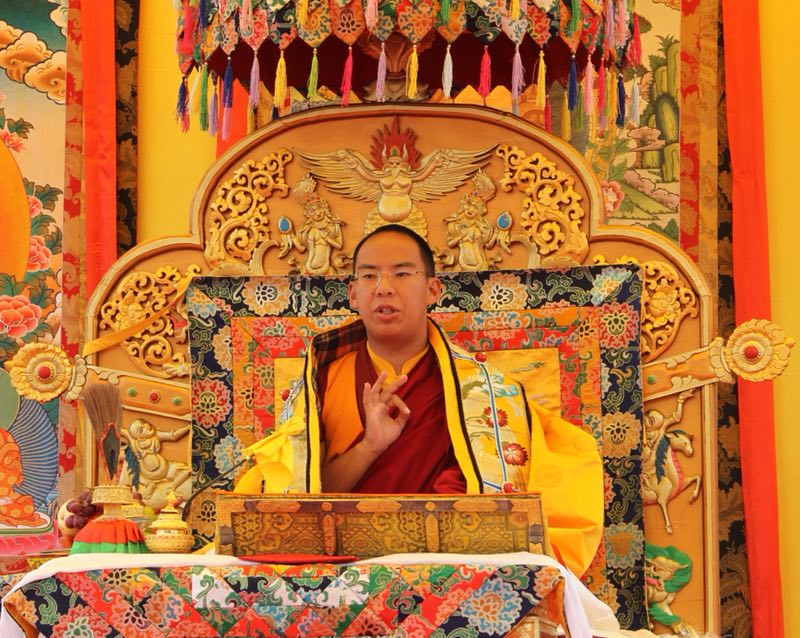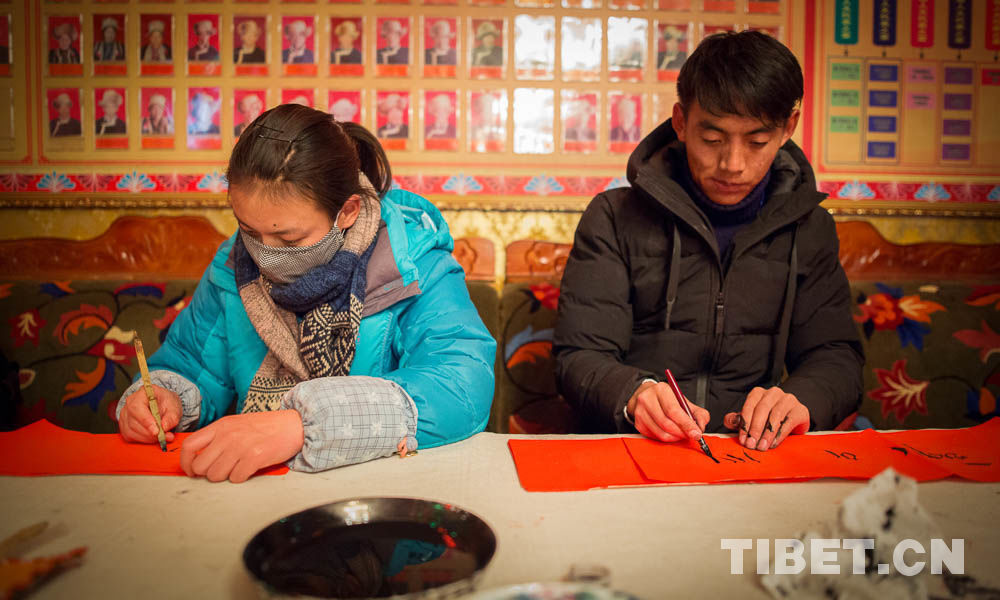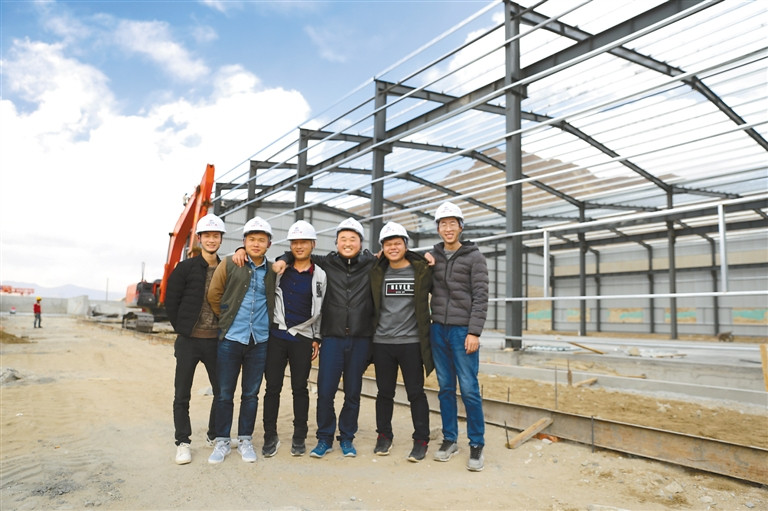Tibetan NPC delegation wraps up visit to U.S.
A National People's Congress (NPC) delegation of legislators from China's Tibet Autonomous Region wrapped up its six-day visit to the United States on Monday.
The delegation, led by Baima Wangdui, deputy of the People's Congress of the Tibet Autonomous Region and member of the Tibetan regional party standing committee of the Communist Party of China (CPC), met U.S. Senator Dan Sullivan, Congressmen Darin LaHood, Rick Larsen, Jim McGovern and other State Department officials in Washington.
Baima Wangdui, who is also the secretary of the CPC Lhasa Municipal Party Committee, held discussions with assistants of U.S. lawmakers and experts at the research department of U.S. Congress.
In San Francisco, the delegation exchanged ideas with local overseas Chinese and Tibetan representatives.
During meetings with the U.S. side, Baima Wangdui said China attaches great importance to China-U.S. relations.
He said that Chinese President Xi Jinping has maintained close contact with his U.S. counterpart Donald Trump, and the two leaders have reached important consensuses on a broad range of issues, which guided the China-U.S. relations to achieve major progress.
He also pointed out that some differences and sensitive issues still exist between the two countries that need to be handled properly.
The Tibet Autonomous Region is willing to implement the important consensuses reached between the two heads of state, strengthen exchanges and cooperation with the U.S. side, and enhance mutual understanding so as to serve the overall interests of China-U.S. relations, Baima Wangdui said.
Over the past 60 years since Tibet's peaceful liberation, remarkable progress has been made in various areas, and people's rights and freedom have been fully guaranteed, which is a fact obvious to all, he said.
He stressed that the Tibet issue is a matter concerning China's sovereignty and territorial integrity, the core interests of China.
The Tibet issue is an internal affair of China which brooks no intervention from any foreign country, he noted.
More than 3 million Tibetans living in Tibet are the most qualified to speak about what happens there, Baima Wangdui said.
He hoped that the U.S. side fully recognizes the extreme sensitivity of the Tibet issue and the anti-China nature of the Dalai clique, earnestly respect the core interests and major concerns of China, allow no visits by the heads of the Dalai clique, refrain from whatever contact with it, offer no support and convenience to its anti-China separatist activities, and handle the Tibet issue in a discreet and proper way, so as not to disturb China-U.S. relations.
The U.S. side said that both China and the United States are great countries, and their relations are generally moving ahead though they experienced some ups and downs occasionally.
The United States expects to build a constructive and result-oriented China-U.S. relationship, strengthen cooperation with China and constantly achieve new outcome.
The U.S. side recognizes that Tibet is part of China and it will not support Tibet independence, and this position has remained unchanged.
In meetings with local overseas Chinese and Tibetan representatives, the delegation gave a briefing on the historic changes and achievements scored in various sectors.
Baima Wangdui said that under the strong leadership of the Chinese Communist Party and the Chinese government, it took Tibet only several decades to advance from backwardness to progress, from poverty to affluence, and from seclusion to openness.
Tibet has made a historic stride in terms of its social system and witnessed earth-shaking social changes, he said, adding that today's Tibet is at its best period in history.
The overseas Chinese and Tibetan representatives took great pride in the achievements made in various sectors of Tibet, and expressed their readiness to continue to work for the mutual understanding between China and the United States and to contribute to development and prosperity of their motherland and hometowns.
The delegation also received interviews by the media during the visit.
Your Comment
Name E-mailRelated News
-
-
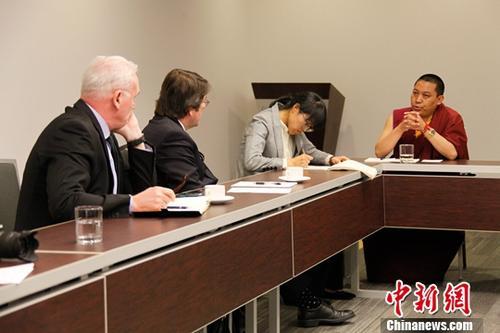
-
National People's Congress Tibet delegation visits Canada
A National People's Congress (NPC) delegation of lawmakers from China's Tibet Autonomous Region visited Canada from May 6 to 9.
-
-
-
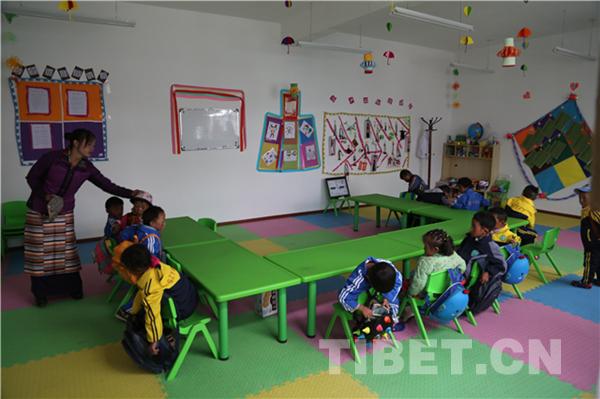
-
Heavenly kindergartens built in remote villages
Four-year-old Drolma carries her schoolbag and sets off to school. Today, she got up even earlier than the livestock in her family’s pen, and now holds her mother’s hand as she scampers off to the “new home” at the entrance of the village.
-
-
-
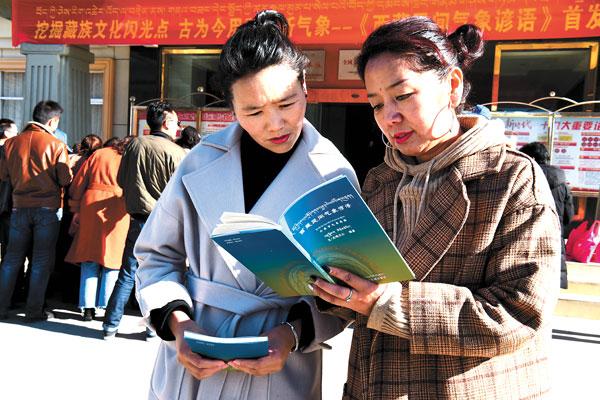
-
Folk meteorological proverbs collected in Tibet
The first publication of Tibetan Folk Meteorological Proverbs (Tibetan edition) is of great significance to the preservation and inheritance of Tibet’s incredible traditional culture.
-
-
-

-
Tibet to have universal broadband service
Ninety-eight percent of administrative villages in China's Tibet Autonomous Region will have optical fibre communication thanks to a universal telecom service project.
-
-
-
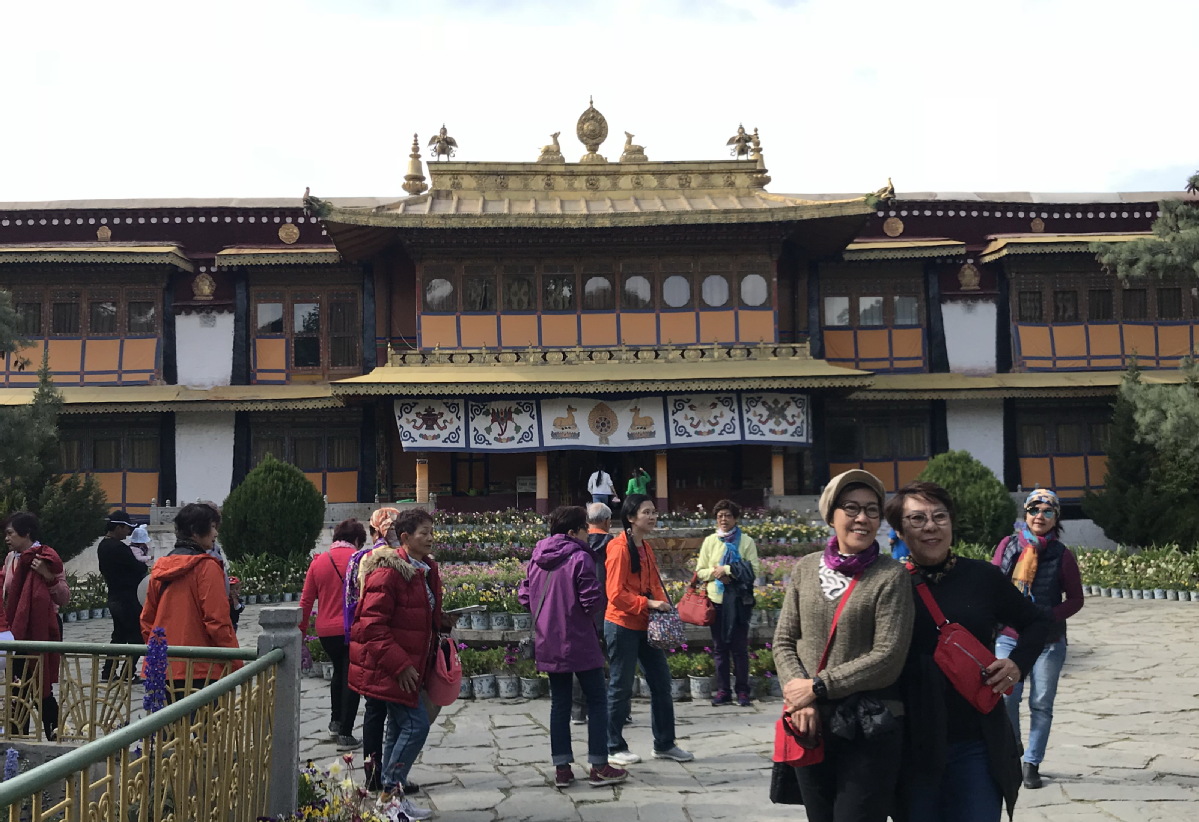
-
Discount prices draw travelers to Tibet
Travelers can continue to enjoy discounted tickets at major scenic spots and for transportation in the Tibet autonomous region until the end of June.
-


